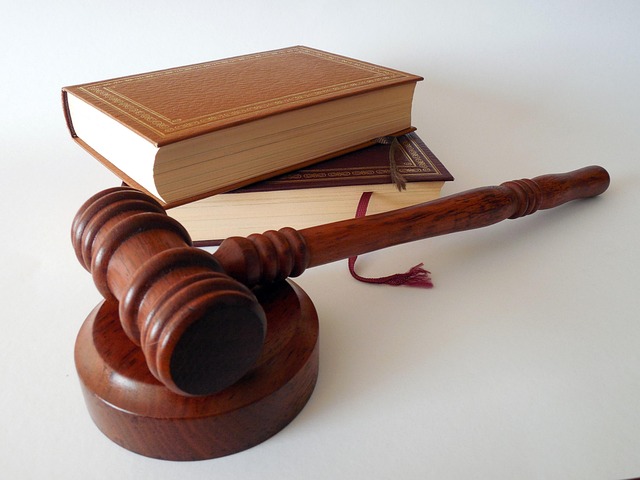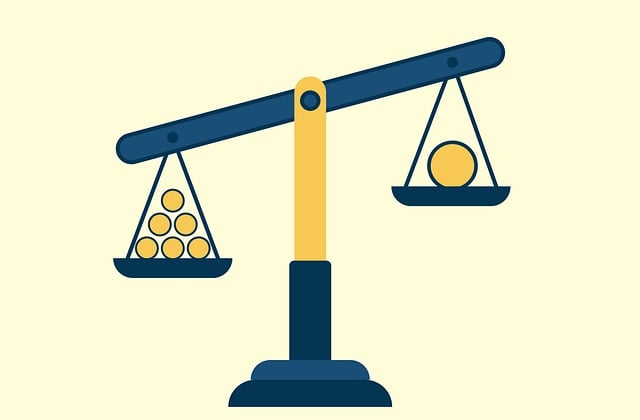Whistleblower protection laws safeguard individuals exposing illegal activities, fostering consumer protection. Businesses defend against related lawsuits using strategies like disputing claim validity, challenging evidence, and negotiating settlements. Effective defense involves understanding Common Defenses in Consumer Protection Litigation to build robust cases addressing white-collar crimes. Companies should implement internal whistleblower programs and strategically employ these defenses to promote responsible business practices.
Whistleblower protection lawsuits are a crucial aspect of modern legal landscapes, especially in the realm of consumer protection. These cases, often involving employees who expose illegal or unethical practices within their organizations, require a deep understanding of both employment laws and public policy. This article navigates the intricate world of whistleblower protections, exploring key concepts like common defenses for employers and the role of evidence in litigation. By delving into strategies to safeguard whistleblowers’ rights, it underscores the importance of these legal mechanisms in fostering integrity within businesses.
- Understanding Whistleblower Protection Laws
- Common Defenses for Employers
- The Role of Evidence in Litigation
- Strategies for Protecting Whistleblowers' Rights
Understanding Whistleblower Protection Laws

Whistleblower protection laws are designed to safeguard individuals who expose illegal or unethical activities within their organizations. These laws offer a crucial mechanism for holding corporations and individuals accountable, ensuring that whistleblowers can come forward without fear of retaliation. Understanding these protections is essential, especially in complex legal landscapes like consumer protection litigation. By knowing their rights, whistleblowers can navigate the complexities of the justice system effectively.
In consumer protection cases, whistleblower protection laws often serve as a foundation for Common Defenses in Consumer Protection Litigation. Across the country, these laws provide a structured framework that guides all stages of the investigative and enforcement process. This ensures that whistleblowers are treated fairly while pursuing justice. The outcome can lead to achieving extraordinary results, holding perpetrators accountable and protecting consumer rights.
Common Defenses for Employers

In Common Defenses in Consumer Protection Litigation, one of the key areas of focus for employers is protecting themselves against whistleblower lawsuits. A common strategy involves challenging the validity of the whistleblower’s claims, often through legal loopholes or technicalities. Employers may argue that the disclosure of information was not protected under consumer protection laws, especially if the employee lacked proper authorization or failed to follow established protocols for reporting concerns.
Another defense tactic is to assert that the alleged wrongdoing does not meet the threshold required for legal action. This can include claiming that any harm caused was minimal or that the actions did not significantly impact consumers, thereby seeking a complete dismissal of all charges. Additionally, employers with strong white collar defense teams may focus on avoiding indictment by negotiating settlements or using legal arguments to dismiss criminal proceedings, ensuring they can continue operations without major disruptions.
The Role of Evidence in Litigation

In whistleblower protection lawsuits, evidence plays a pivotal role as it forms the backbone of any successful litigation. Plaintiffs must gather compelling evidence to demonstrate that they have been subjected to retaliation for reporting illegal or unethical activities within their respective businesses. This can include internal documents, communication records, witness testimonies, and expert opinions. The presentation of such evidence is crucial in navigating the legal complexities and common defenses often employed by defendants in consumer protection litigation.
Defendants in these cases frequently invoke various strategies, including challenging the admissibility of evidence, questioning the credibility of witnesses, and asserting privileges. They may also attempt to shift the blame onto the whistleblower, citing legitimate business interests or claiming that the reported activities were not significant enough to warrant intervention. Understanding these common defenses is essential for plaintiffs’ attorneys to build robust cases, especially when dealing with complex issues related to white-collar and economic crimes across the country.
Strategies for Protecting Whistleblowers' Rights

Whistleblower protection lawsuits are complex legal battles that require a strategic approach to safeguard the rights of individuals who expose corporate misconduct. One key strategy is to establish robust internal whistleblower programs, encouraging employees to report violations without fear of retaliation. Companies should implement clear policies, offer secure reporting channels, and provide training to managers on how to handle such reports fairly.
Moreover, understanding and employing Common Defenses in Consumer Protection Litigation are crucial. When facing lawsuits from whistleblowers, businesses must demonstrate that their actions were not malicious or unethical, presenting evidence of good faith efforts to comply with regulations. By utilizing these defenses effectively, corporate and individual clients can win challenging defense verdicts, ensuring a balanced approach to protecting consumer rights while fostering responsible business practices within the respective business environment.
Whistleblower protection lawsuits are a critical aspect of ensuring transparency and accountability in various industries. By understanding the legal frameworks, recognizing common defenses like those employed in consumer protection litigation, and leveraging strategic evidence management, both employers and whistleblowers can navigate these complex matters effectively. Protecting whistleblowers’ rights not only upholds ethical business practices but also fosters a culture of integrity across sectors.






